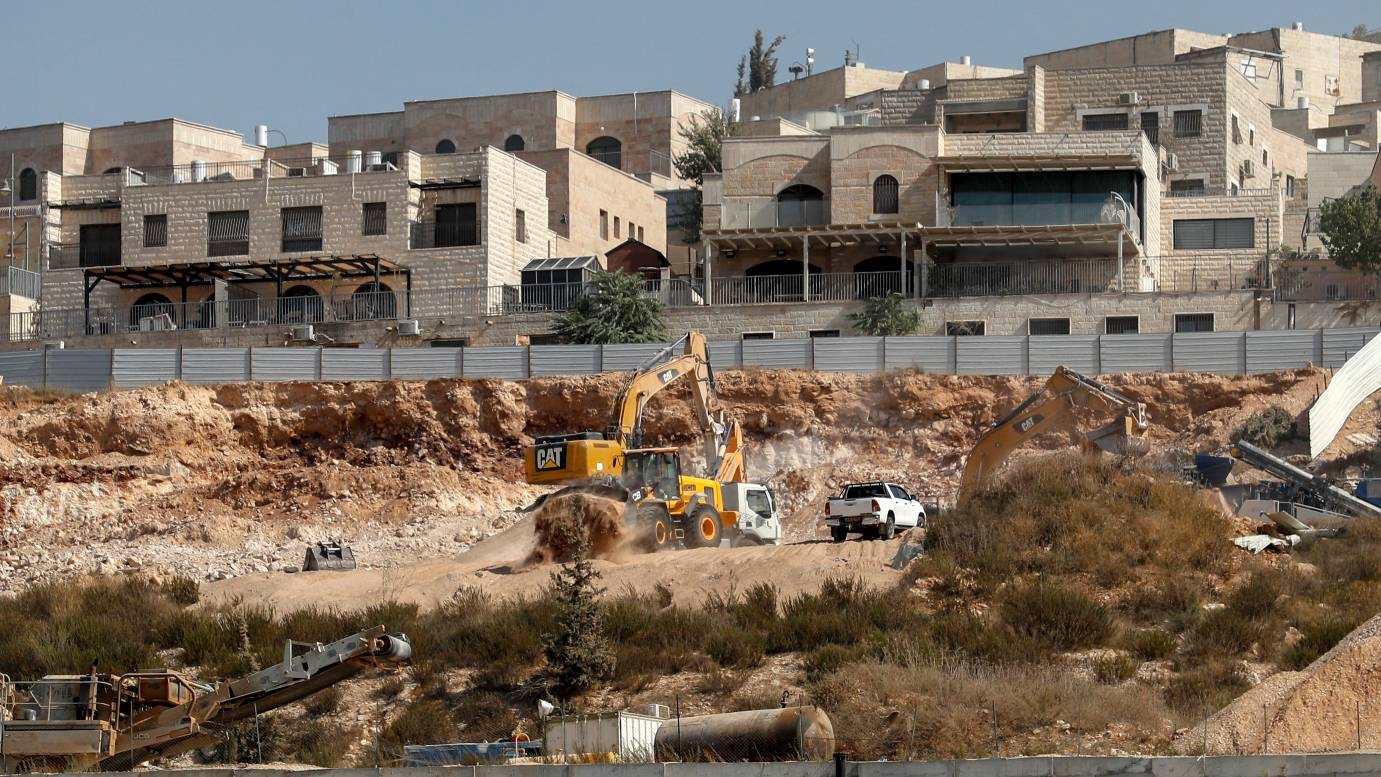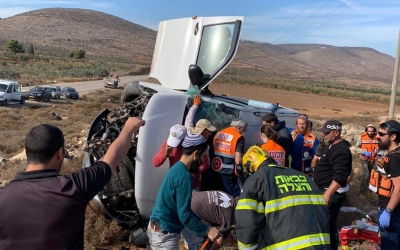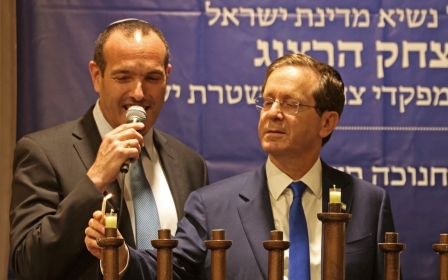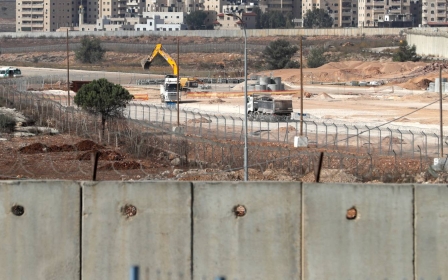Israel to build new settler neighbourhood in occupied East Jerusalem

Israel is planning to build a major settler area in occupied East Jerusalem, close to Beit Safafa and Sharafat, two Palestinian neighbourhoods on the main road to the city of Bethlehem.
The Planning and Building Committee in Israel's Jerusalem Municipality is set to discuss on Wednesday the construction of Givat Shaked, a new settler neighbourhood, which would occupy 38 dunams (3.8 hectares) of East Jerusalem.
Givat Shaked will consist of 473 homes for Israeli Jewish settlers, a synagogue, and elementary and reception schools.
It will be close to the Palestinian neighbourhood of Beit Safafa, but will be "unconnected" to it.
Israel's planning committee said that Givat Shaked sits on a "high-quality" land plot in the southeast section of East Jerusalem, occupied by Israel in the 1967 Middle East war.
"After the plan is approved, the neighborhood will be marketed in compliance with the relevant regulations of the administrator general's office," the committee said, according to Haaretz.
Givat Shaked is one of several settlement projects the government of Prime Minister Naftali Bennett has launched since June.
In October, Israel also said it was building a new Jewish neighbourhood in Givat Hamatos, in southern East Jerusalem near the city of Bethlehem. Givat Hamatos, Atarot and Givat Shaked are all beyond the 1967 armistice line.
Israel makes it impossible for Palestinians in East Jerusalem to build new homes. Since it took control of the city in 1967, it has not approved a single new neighbourhood for Palestinians.
As of May, Israel had demolished 61 properties owned by Palestinian residents of East Jerusalem: 33 were houses and the rest used as commercial and non-residential buildings, according to Ir Amim, an Israel rights group. In 2019, 358,800 Palestinians and 557,600 Israelis lived in East Jerusalem.
Israel took control of East Jerusalem during the 1967 Six Day War, before annexing it in a move that has never been recognised by most of the international community.
Middle East Eye delivers independent and unrivalled coverage and analysis of the Middle East, North Africa and beyond. To learn more about republishing this content and the associated fees, please fill out this form. More about MEE can be found here.





